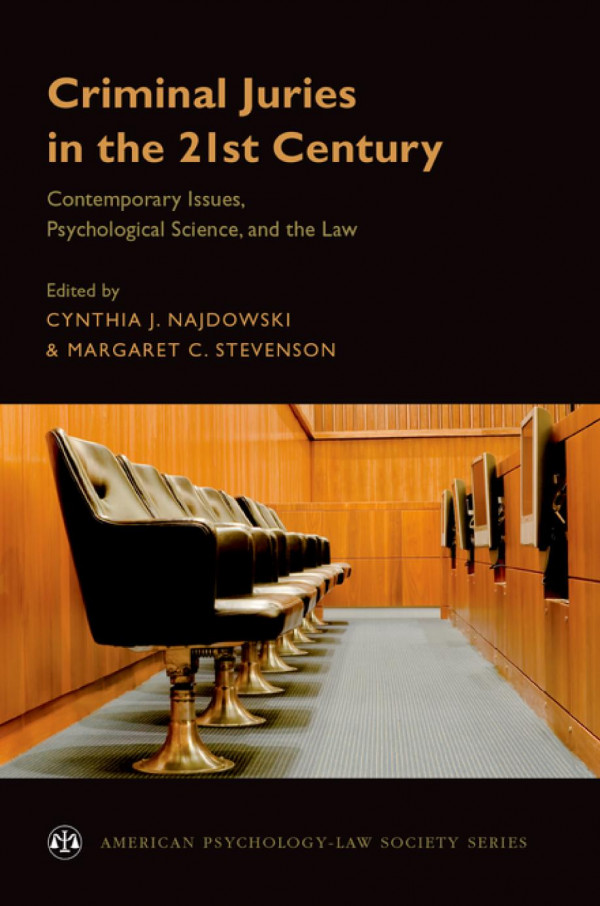

Most ebook files are in PDF format, so you can easily read them using various software such as Foxit Reader or directly on the Google Chrome browser.
Some ebook files are released by publishers in other formats such as .awz, .mobi, .epub, .fb2, etc. You may need to install specific software to read these formats on mobile/PC, such as Calibre.
Please read the tutorial at this link: https://ebookbell.com/faq
We offer FREE conversion to the popular formats you request; however, this may take some time. Therefore, right after payment, please email us, and we will try to provide the service as quickly as possible.
For some exceptional file formats or broken links (if any), please refrain from opening any disputes. Instead, email us first, and we will try to assist within a maximum of 6 hours.
EbookBell Team

4.4
32 reviewsExperts now have a much more nuanced understanding of the psychological implications of being a juror, and advances in technology and neuroscience make the work of rendering a decision in a criminal trial more complicated than ever before.
Criminal Juries in the 21st Century explores the increasingly wide gulf between criminal trial law, procedures, and policy, and what scientific findings have revealed about the human experience of serving as a juror.
Readers will contemplate myriad legal issues that arise when jurors decide criminal cases as well as cutting-edge psychological research that can be used to not only understand the performance and experience of the contemporary criminal jury, but also to improve it.
Chapter authors grapple with a number of key issues at the intersection of psychology and law, guiding readers to consider everything from the factors that influence the initial selection of the jury to how jurors cope with and reflect on their service after the trial ends. Together, the chapters provide a unique view of criminal juries with the goal of increasing awareness of a broad range of current issues in great need of theoretical, empirical, and legal attention.
Criminal Juries in the 21st Century will identify how social science research can inform law and policy relevant to improving justice within the jury system, and is an essential resource for those who directly study jury decision making as well as social scientists generally, attorneys, judges, students, and even future jurors.